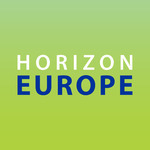Coordinator
Research groups
- Wireless Technologies, Security and e-Health
- Complex Systems
- Distributed Computing
- Computer hardware
- Computer graphics
- Smart Environments
- Geoinformation
- Robotics
- Distributed information systems
- Laser Technologies
- Voice Technologies
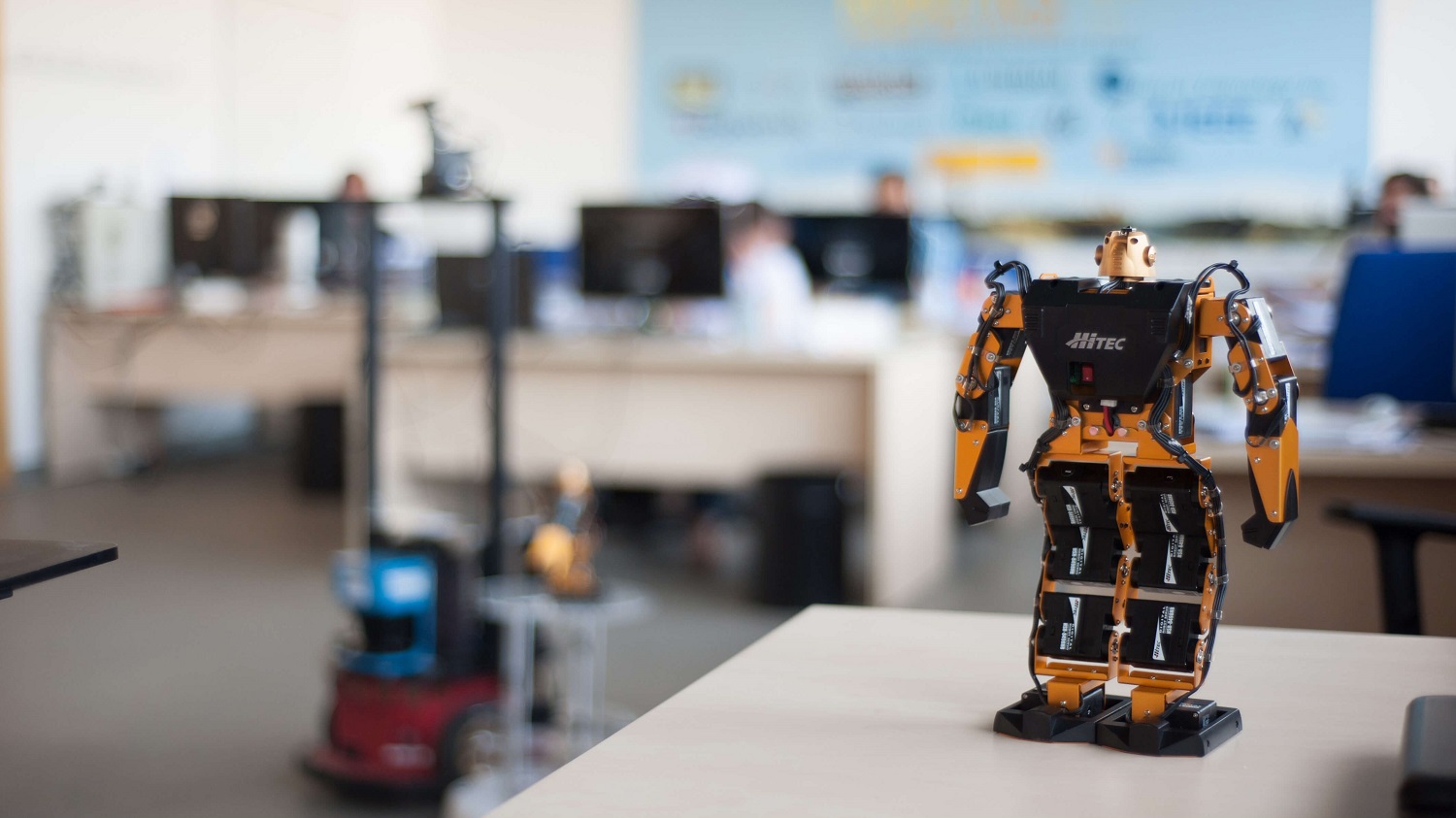
The emergence of the knowledge society, building on the pervasive influence of modern information and communication technologies, is bringing about a fundamental reshaping of our modern society. The Information and Communication Technologies división of the I3A coordinates and conducts studies and research programs in the vast field of new information and communication technologies and their interrelationship with the knowledge society
General lines of research
- Advanced computing technologies and smart embedded systems
- Infrastructures, technologies and services for communications
- ICT for digital content and creativity : audio-visual technologies and multimedia
- Advanced interfaces and robots
Keywords
Smart embedded systems; advanced computing; photonics; content technologies; Internet technologies; technologies and services for communications; smart spaces; robotics; advanced interfaces; computer graphics; computer vision; machine learning.
Projects
Discrete global grid systems as a new geospatial framework to support the digital transformation in the agricultural sector
Avanzar en el conocimiento y crear la tecnología necesaria para establecer una infraestructura de información geoespacial para datos modelizados sobre un DGGS

AN AI ON-DEMAND PLATFORM TO SUPPORT RESEARCH EXCELLENCE IN EUROPE
The rapid advancement of AI technologies has led the EU to decide on hosting a research environment focused on scientific and ethical excellence, which grows with the cooperation of members from within the EU and the assistance of academia and industry. The EU-funded AI4EUROPE project, in collaboration with AI4EU and other related projects, aims to develop this space by introducing an unbiased, open and cooperative platform from and for the European research community for excellent studies of AI. This platform will provide services ranging from data access, services and tools to cooperation with other researchers. The project will also enable a business model for guaranteeing its continued operation.
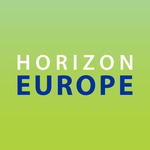
Real-Time Mapping from Endoscopic Video
Mapping of regions of importance is fundamental to interact with the environment, from satellite maps of glaciers to functional maps for GPS navigators. Autonomous vehicles also work by matching visual data to an existing map which needs to be constantly updated and extended. Now,
EndoMapper is developing a similar mapping system to support endoscopic procedures like colonoscopy, tumour biopsy, or even targeted drug delivery. To accomplish their world-first, the team must tackle the challenge of modelling non-rigidity. Unlike roads and byways, the body's
tissues and organs are prone to change as the endoscope moves. Taking advantage of new non-rigid mathematical models and machine learning, endoscopy may soon enter the realm of augmented virtual reality and autonomous navigation.
EndoMapper is developing a similar mapping system to support endoscopic procedures like colonoscopy, tumour biopsy, or even targeted drug delivery. To accomplish their world-first, the team must tackle the challenge of modelling non-rigidity. Unlike roads and byways, the body's
tissues and organs are prone to change as the endoscope moves. Taking advantage of new non-rigid mathematical models and machine learning, endoscopy may soon enter the realm of augmented virtual reality and autonomous navigation.
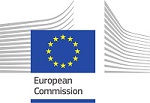
European Non-Line-of-Sight Optical Imaging
ENLIGHTEN will seek to develop next-generation electro-optical (EO) sensing devices for operational effectiveness.

Exchanges for SPEech ReseArch aNd TechnOlogies
Developing the next generation of AI in the field of rare languages, robotics or education
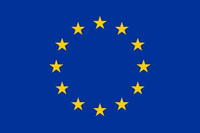
Next-gEnerATion dAta Management to foster suitable Behaviors and the resilience of cItizens against modErN ChallEnges
Data management issues to help citizens face modern challenges
Towards a sustainable Open Data ECOsystem
Addressing the core challenge of realizing an open, circular and inclusive user-driven data ecosystem
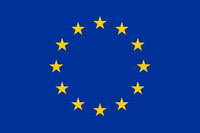
Predictive Rendering In Manufacture and Engineering
The goal of this ETN is to have the participants develop skills and protocols needed for industrial usage of Predictive Rendering (PR) technologies – image synthesis which delivers results that can be relied on to be visually accurate.

A "measure - analyse - decide - act" ecosystem to design and rehabilitate intelligent buildings (digital twins) which, as a first step, allows real-time monitoring of information on environmental quality, energy efficiency, occupation, etc. of the main spaces of the various campuses of the University of Zaragoza.
Physical Cognition for Intelligent Control and Safe Human-Robot Interaction
La digitalización de la industria depende del éxito de la integración de los trabajadores con los robots. También resulta importante utilizar robots capaces de ejecutar operaciones seguras con tiempos y costes mínimos de preparación de los robots y aumentar la flexibilidad de la configuración de los talleres. En el proyecto Sestosenso, financiado con fondos europeos, se desarrollará una nueva tecnología de detección, desde el soporte físico hasta los niveles de percepción cognitiva y control, para las próximas generaciones de robots colaborativos. La tecnología se basa en sensores táctiles y de proximidad integrados en el cuerpo del robot a fin de proporcionar una percepción táctil unificada del entorno, controlando así las acciones e interacciones del robot de forma segura y autónoma. El equipo de Sestosenso realizará tres demostraciones industriales en los ámbitos de la automovilística, la logística y la agricultura.
